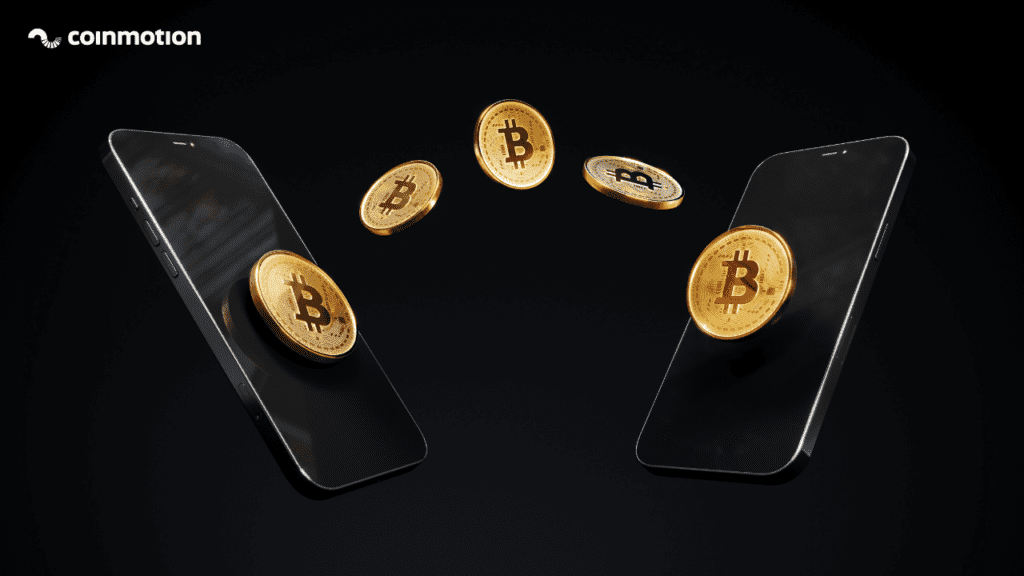Introduction
In an increasingly globalized world, the need for efficient and cost-effective remittance solutions has never been more crucial. With traditional banking systems often proving clunky and expensive, cryptocurrency emerges as a rebellious alternative. However, knowing the potential risks or challenges of using crypto for remittance is essential, ensuring a balanced perspective. This guide delves into the intricacies of using crypto for remittance, offering a beacon for those seeking to navigate this burgeoning financial landscape.
Understanding cryptocurrency and its potential
The genesis of digital currency
Cryptocurrency, at its core, is a decentralized digital or virtual currency that uses cryptography for security. Unlike fiat currencies, it operates outside central banks, offering autonomy and reduced transaction fees. The concept of digital currency has its roots in the desire for privacy, autonomy, and decentralization, with Bitcoin being the most famous of the wide selection.
The remittance revolution
For expatriates and migrant workers, the allure of cryptocurrency lies in its promise to simplify cross-border transactions. Traditional remittance channels often involve multiple intermediaries, each charging their fees. With its peer-to-peer nature, cryptocurrency eliminates many of these middlemen, resulting in quicker and more affordable transfers.
Choosing the right cryptocurrency for remittance
Bitcoin: The pioneer
As the initial cryptocurrency, Bitcoin has established itself as a reliable option for remittance. Its widespread acceptance and robust infrastructure make it a viable choice for many. However, potential users should be aware of Bitcoin’s volatility, which can impact the final amount received.
Learn more: Beginner’s guide: How to invest in Bitcoin
Exploring altcoins
While Bitcoin remains dominant, several altcoins (alternative cryptocurrencies) like Ethereum, Ripple, and Litecoin offer unique advantages. For instance, Ripple’s XRP is designed specifically for cross-border transactions, ensuring rapid transfers at minimal costs. Yet, like Bitcoin, altcoins can also be subject to market volatility, potentially affecting remittance values.
Learn more: Exploring altcoins updated meaning in 2023
Steps to send money home using cryptocurrency
- Setting up a digital wallet: Before initiating a transaction, both the sender and receiver need a digital wallet. This software program stores private and public keys, allowing users to send and receive cryptocurrencies.
- Purchasing cryptocurrency: Various exchanges, like Coinmotion, facilitate buying cryptocurrencies using fiat money. When choosing an exchange, selecting one with a strong reputation, transparent fee structures, and robust security measures are crucial to ensure a seamless transaction.
- Initiating the transfer: Once the cryptocurrency is in your digital wallet, you can send it to the recipient’s wallet address. Ensure you double-check the address to avoid any misdirection. Be mindful of potential transaction fees that might apply.
- Conversion to local currency: Upon receiving the cryptocurrency, the recipient can use local exchanges to convert it into their local currency, which can then be withdrawn to a bank account or used directly. This conversion may also come with associated fees.
Safety precautions and best practices
Two-factor authentication (2FA): A vital security measure, 2FA requires a second form of verification, usually a code sent to a mobile device, ensuring an added layer of protection.
Avoiding phishing scams: Always ensure you’re on your wallet’s legitimate website or exchange. Phishing sites mimic authentic sites to steal your credentials.
Regularly updating wallet software and backups: Keeping your wallet software updated ensures you have the latest security enhancements. Additionally, consider using hardware wallets for added security and make it a habit to back up your wallet data regularly to prevent potential loss.
Conclusion
Cryptocurrency, with its transformative potential, is redefining the remittance landscape. By offering a combination of speed, security, and cost-effectiveness, it stands as a formidable alternative to traditional channels. However, as with any financial enterprise, understanding the associated risks and challenges is essential. This guide serves as a stepping stone for those eager to leverage the power of crypto for their remittance needs. Embrace the future, but always remain informed and cautious.
Crypto remittance — FAQ
Cryptocurrency offers several advantages over traditional banking systems for remittance. It provides a more efficient and cost-effective solution, eliminating the need for multiple intermediaries that often charge high fees.
Bitcoin, as the original cryptocurrency, has widespread acceptance and a robust infrastructure, making it a reliable option for remittance. On the other hand, while Bitcoin remains dominant, several altcoins like Ethereum, Ripple, and Litecoin offer unique advantages tailored to specific needs. For instance, Ripple’s XRP is designed for rapid cross-border transactions at minimal costs.
Individuals should adopt several safety precautions when using cryptocurrency for remittance. Firstly, two-factor authentication (2FA) is a vital security measure that requires a second form of verification, usually a code sent to a mobile device. This ensures an added layer of protection. Secondly, users should always ensure they are on their wallet’s legitimate website or exchange to avoid phishing scams. Lastly, it’s crucial to update the wallet software to benefit from the latest security enhancements.
Get started with Bitcoin Litecoin Ethereum AAVE USDC Stellar Ripple
Join Coinmotion and buy your first cryptocurrencies within minutes!
The views, thoughts, and opinions expressed in the text belong to the author and not necessarily to the author’s employer, organization, committee, or other group or individual.

